Thirty years of economic analysis : Michel Didier, titulaire honorary Economics Chair at Conservatoire national des arts et métiers, special advisor to Rexecode at more three decades of management of this renowned economic renowned, looks back at the role of economists and their relationship with the media.
How do economists see their role in public debate ?
I wouldn't say "economists" in general... There's no such thing as a "one-size-fits-all" economist. Economics is about trying to understand how actors and society as a whole behave in relation to production, and in relation to the distribution of the income created by production. How economists perceive their role depends on how they perceive their role in society in general, and even their political role. There are different positions, because we don't all have the same vision of how society works. What economists do have in common, however, is a rigorous mobilization of economic theories, which provide coherent frameworks for interpretation, history, which provides past references, and statistics, because we must always return to the facts.
Within this general framework, there are institutions whose function or corporate purpose is to contribute to, and participate in, economic policy debate. Rexecode is one such institution.
Rexecode is known not only for its economic forecasts, but also for its public policy proposals. Cow would you describe positioning of Rexecode in relation to other organizations?
Rexecode was born in its present form some forty years ago, on the initiative of the Raymond Barre government, which wanted to break the Ministry of Finance's monopoly of competence and have it "challenged" by independent research structures. The idea was to open up public debate and encourage informed pluralism in budget preparation and public policy assessment. Three independent institutes were created. Rexecode - formerly IPECODE - is one of them, and its "corporate purpose" is to enter the public debate from the angle of "the impact of economic policies on the productive system". Its favorite themes are naturally competitiveness, working hours, investment and employment trends. Over the past two years, we have added economic analysis of the ecological and climatic transition, now a crucial theme in the economic debate.
Even if yoursyours are reputed to be of high quality ...should we believe the economists' forecasts?
Of course, we can't predict the unpredictable. Just think of the spectacular and unimaginable events of the last three years, led by covid and the war in Ukraine, which have turned the economy upside down! In short, I would say that forecasting is not about "what will happen", but "what will happen if", or "unless". Alternative scenarios can be useful. Despite the diversity of economic approaches, we all need to be rigorous in our analysis, as there are inescapable constraints: for example, we can only distribute what we have produced. Many futures are possible... but many are not.
How do economists relate to journalists and the media?
Economists are much more in demand from journalists than they were just 20 years ago. The creation of theCercle des économistes in 1992 has certainly contributed to this trend. This deliberately pluralist group of around thirty economists set itself the goal of revitalizing economic debate in France and bringing it to life.
Nowadays, especially in print newspapers, there are richer dedicated sections and economic journalists who, without necessarily being economists, have a good understanding of the economy. Of course, the development of the Internet and social networks has accentuated this evolution, but with a tendency to radicalize the messages. My feeling is that a new stage in pluralism would be highly desirable today. There has indeed been a certain multiplication of public bodies, and an imbalance with independent institutes has been recreated. And new themes call for new debates to better prepare decisions. For example, the question of pensions would undoubtedly have been better dealt with if public debates had taken place beforehand. And we need to repeat "Operation Barre" for the ecological transition and decarbonization of the economy, which will require tens of billions of euros of investment.
How do you explain that Rexecode has succeeded in bringing to the table important debates that were, as it were, "avoided". avoided "in the public debate prior to your interventions - working hours or production taxes. ? Are you better communicatorscants than others ?
There's a real communication challenge for economists, and a real demand for understanding from the public. But there's no magic: you can't communicate convincingly unless you've first done your homework in the three dimensions of theory, history and statistics, and established solid conclusions. This is how, for example, we brought the issues of competitiveness and de-industrialization into the debate ten years ago, or more recently, in 2018, contributed to the reform of capital taxation. I'm a great believer in the power of honest teaching, based on rigorous research, to convince people in the end.
Interview by Camille Formentiniconsulting director and Nathan Ortegaconsultant
